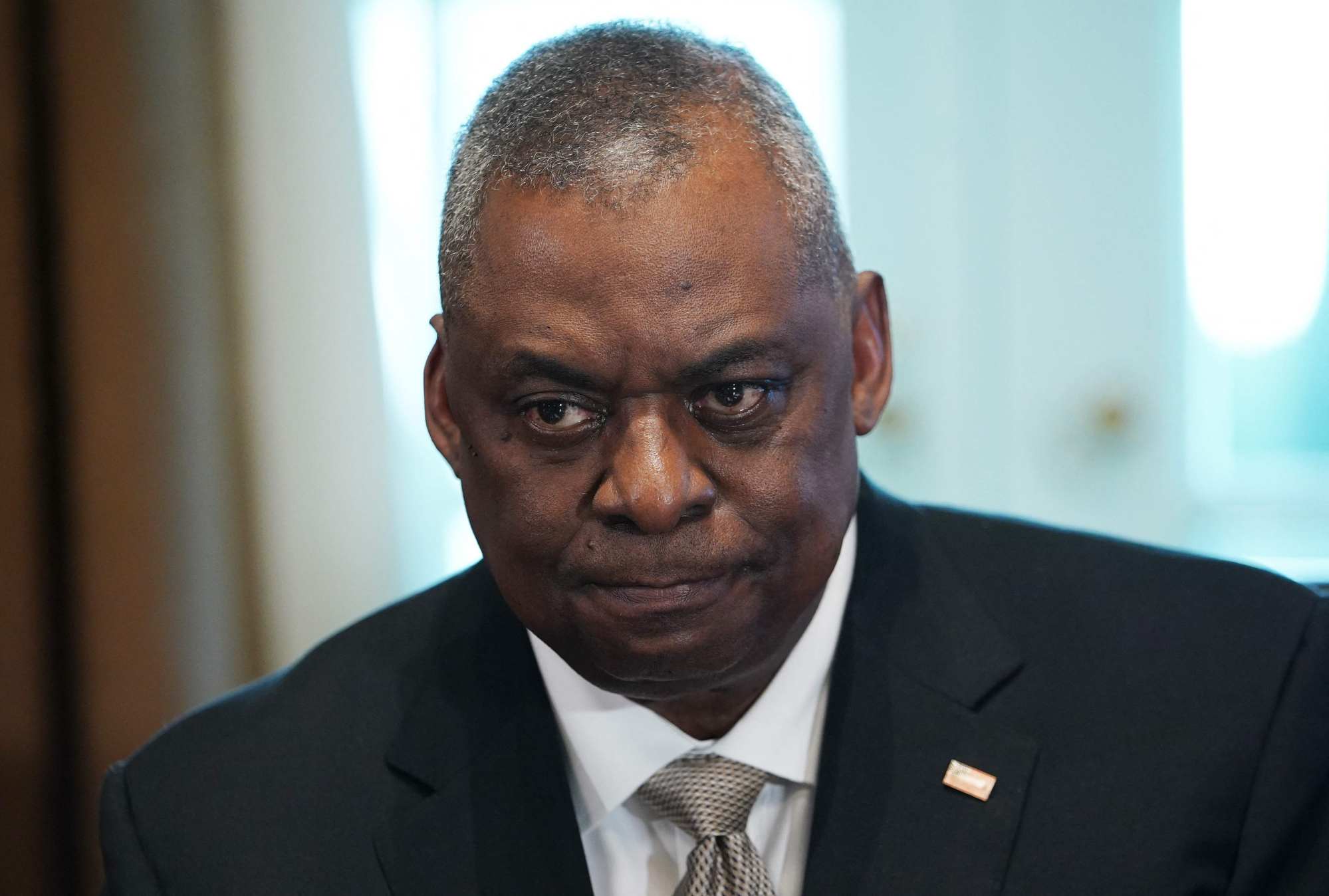
Japan’s Kishida to visit Singapore for Shangri-La security dialogue, amid Russian aggression, China’s assertiveness
- Japan condemned Russia’s invasion of Ukraine, and called for preventing a similar crisis in the Indo-Pacific, where China’s assertiveness heightened tensions
- A meeting between US Defence Secretary Lloyd Austin and China’s Defence Minister Wei Fenghe could also occur on the sidelines of the Shangri-La Dialogue
Japanese Prime Minister Fumio Kishida will visit Singapore to attend the Shangri-La security dialogue from June 10, becoming the first Japanese leader to do so since 2014, the government said on Wednesday.
The visit comes as Kishida aims to stress the need for coordinated efforts to cope with Russia’s aggression in Ukraine and the rise of an assertive China. The prime minister will deliver a keynote speech at the forum.
The annual security forum, known as the Shangri-La Dialogue, is scheduled from June 10 to 12 in Singapore, attended by defence ministers, officials, and experts. During his trip, Kishida is expected to hold talks with Singapore Prime Minister Lee Hsien Loong, a Japanese government source said.
“As the only Asian nation among the Group of Seven, I will tell [the audience] the kind of role Japan will play going forward at a time when the diplomatic and security environment is becoming increasingly severe,” Kishida said during a parliamentary session.
Japan, Vietnam vow to confront security threats in Indo-Pacific
In 2014, then Prime Minister Shinzo Abe delivered a speech at the conference.
Japan has strongly condemned Russia’s invasion of Ukraine, seeing it as the use of force to change the status quo in clear violation of international law. It has coordinated with other Group of Seven nations in imposing sanctions to isolate Moscow.
Kishida has repeatedly called for preventing a similar crisis from taking place in the Indo-Pacific, where China’s assertive moves have heightened regional tensions.
Meanwhile, aides to the US Defence Secretary and China’s Defence Minister are discussing a potential meeting in Singapore, according to people familiar with the preparations, a sign the Biden administration is more focused on keeping both sides talking rather than worrying that the two leaders are far apart in relative rank.

If negotiations are successful, Defence Secretary Lloyd Austin could meet Defence Minister Wei Fenghe on the sidelines of the Shangri-La Dialogue. While Austin spoke by phone with Wei in April, US officials had hoped he would be able to hold a call with General Xu Qiliang, vice-chairman of the Communist Party’s powerful Central Military Commission.
That call has not happened and, for now at least, isn’t likely to. But with US-China tensions peaking again over issues including Taiwan and human rights, both sides have a stake in dialling back some of the pressure.
“The administration appears to have decided that it is more important to communicate with Beijing and try to establish guardrails that can decrease the likelihood of conflict than to argue over the appropriate interlocutor,” said Zack Cooper, a senior fellow at the American Enterprise Institute and a former Pentagon official.
Austin and Wei share similar titles, but they are far from bureaucratic equals. Wei heads China’s defence ministry, a government organisation in a political system where the Communist Party – not the government – controls the military.

The position of Defence Minister in China “is mostly ceremonial with little real power,” said Timothy Heath, a senior international defence researcher at the RAND Corporation. “China’s Defence Minister was created to have a diplomatic counterpart to western defence ministers.” As vice chair of the Central Military Commission – a body overseen by President Xi Jinping – Xu is closer in actual rank to Austin, he added.
Working in favour of the meeting is the issue of precedent: Wei will be the most senior Chinese official at the Singapore event and met with former acting Secretary of Defence Patrick Shanahan at the 2019 Shangri-La Dialogue, the last time the gathering was convened in person before the Covid-19 pandemic.
Beyond Taiwan and human rights, the list of sore points between the US and China includes Beijing’s claims in the South China Sea and the ongoing war in Ukraine – where US officials are wary of any support Xi’s government might consider offering Moscow.
Biden and his top aides have repeatedly stressed the importance of creating “guardrails” on these issues and others to prevent competition between the world’s two largest economies from getting out of hand. And Secretary of State Antony Blinken, in a speech last week that took aim at Xi’s governance, said the US wants to ensure there isn’t a new Cold War with China.
Additional reporting Bloomberg

